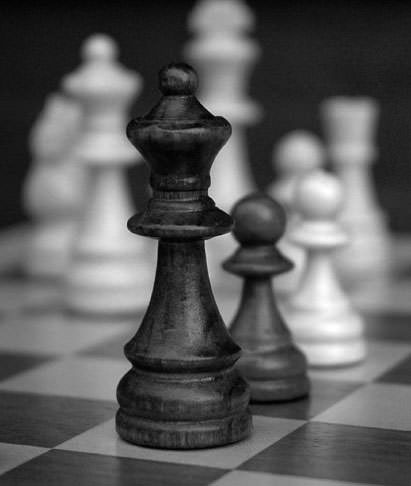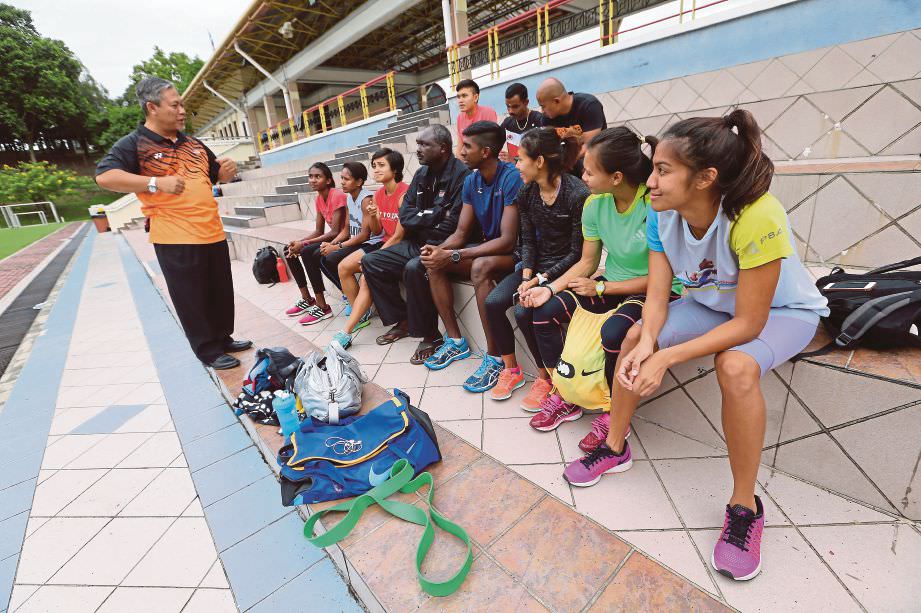GETTING appointed to an appeals committee at a big chess tournament may seem like an important recognition for a player. But in reality, it is a thankless job. You may think, “Wow, I’m being recognised by my peers,” but really, it is not that big a deal.
Why? Because in the first place, you are put on call for the whole duration of the tournament. It is well and good if there are no disputes to handle but when there is one, you will be called back to attend to the problem. So you have to let the organisers know where to find you.
Secondly, it eats into your time whenever there is an appeal. Your time becomes the organiser’s time. Just as you want some peace and quiet between rounds or have your meal, you have to postpone all that to sit in the committee and hear out some players’ problems.
Thirdly, being asked to judge your peers can be uncomfortable for many people. It’s just like a people’s court – a group of people having to come together to decide on the fate of their neighbours. One has to win the appeal and one has to lose it. Although the decision is collective, many people still don’t feel good about it.
Fourthly, there is always a danger that the committee may decide wrongly.
Thankfully, disputes seldom occur in chess tournaments. Not that they don’t happen but chances are very good that the chief arbiters are able to decide upon the matters firmly and the appeals committee is never called upon to meet at all.
And if the tournament regulations require the appealing party to put up an appeal fee – which can be quite substantial to prevent players from making frivolous appeals – this will reduce even more any idea of filing the appeal.
Just last week, I had the occasion to see the working of an appeals committee to consider a plea from one young player in the challengers section of the Penang Heritage Open chess tournament.
I won’t go into details of the appeal but what happened was that in a winning position, the player had blurted out the word “draw” to his opponent. Of course, his opponent accepted the offer.
The chief arbiter was then called to intervene. He listened to both young players and decided that the draw should stand. Both players wrote “½-½” on their score sheets and signed them. Everyone thought that would be the end of the matter.
But a short while later, a notice of appeal was submitted by the winning player’s parent who asked for the decision of the chief arbiter to be reviewed and that the game should continue. So the appeals committee was called in.
I chose to watch the proceedings from afar. As a visitor to the tournament, I was not even a parent to any of the players. Certainly, I wasn’t going to mess about even as an observer. It wouldn’t be fair to the tournament organisers.
So I simply watched from the back of the tournament hall. A lot of discussions went on, plenty of animated arm-waving and ultimately a decision was reached. Somehow to my surprise, the appeals committee overturned the decision of the chief arbiter and allowed the game to continue from where the players left off.
Yes, sometimes it does happen that the chief arbiter’s decision is overturned but it is rare. More often than not, the arbiter’s decision would stand. And in this particular case, I thought that the arbiter’s decision was rock-solid correct and should indeed stand. Hence, my surprise.
More than that, while the appeals committee was meeting, the two affected players had in all probability analysed the position with their friends and coaches, and come to a conclusion how to play out the win. Asking the players to continue with the game would be, in my opinion, grossly unfair to the losing player.
Ah, but who am I as an outsider to tell the appeals committee members that they were wrong, right? Therefore, I kept my elegant silence.
The game continued from where the two players left off under the watchful eyes of not one but several arbiters, plus many curious spectators, the parents among them, and true enough, the winning position quickly became a won position. All that was left was the mopping up exercise. A satisfied parent on the one hand and a dissatisfied parent on the other hand. But what to do? That was the decision of the appeals committee.
As a postscript to this story, I noticed that in subsequent rounds, this young player had scrawled across the top of his own score sheets a warning to himself that he should “not say the word Draw if you are winning!” Obviously, he himself had learnt the lesson. There would not be another second chance.
By the way, I should also mention that Filipino international master Oliver Dimakiling successfully defended his Penang Heritage Open title. He had also won the tournament last year.
Second was another Filipino player, Edgar Reggie Olay, while third and fourth were Vietnamese international master Nguyen Van Huy and Indian international master Atanu Lahiri.
The best Malaysian players were Yeoh Li Tian and Tan Khai Boon who were among the players in joint fourth positions. Altogether there were seven international masters and three Fide masters in the 73-player open event.
The challengers event attracted an unprecedented 135 players, including a sizable contingent of young players from Singapore.
The winner here was Malaysia’s Geeneish Sivalingam who edged out Ethan Soh of Singapore. Teh De Juan finished joint third in the standings together with Mohd Faizal Roslan, Tin Ruiqi and Marcus Chee.
Up next
Perak closed: The Perak International Chess Association (PICA) and the SMK Seri Putera will jointly organise the Perak close chess tournament at the Dewan SMK Seri Putera in Jalan Sri Kepayang, Ipoh, tomorrow and on Sunday. Only players who reside, work or born in Perak can take part in this two-day event. Nine rounds, 30-minute time control.
Entry fees: RM15 (PICA members, players below 16), RM20 (others). For more information, contact Yunus (013-390 8129).
National junior: The Malaysian Chess Federation will hold the fourth national junior chess championship for boys and girls at the Datuk Arthur Tan Chess Centre in Wilayah Complex, Jalan Munshi Abdullah, KL, on Dec 19-23. Nine rounds, time control of 90 minutes with 30-second increment each move. Entry fees: RM60 (Fide-rated) and RM100 (unrated).
The winners of the boys and girls tournaments will be awarded the National Junior Master title. The results of these events will be a main criteria used for selection of players for international events next year. For more information, contact Gregory Lau (012-257 7123 / [email protected]), Zuraihah Wazir (017-283 7808) or Haslindah Ruslan (019-206 9605).
BY QUAH SENG SUN








